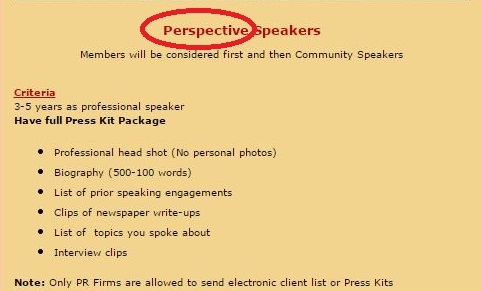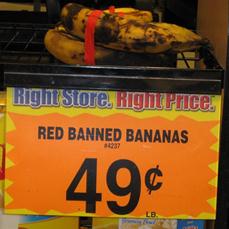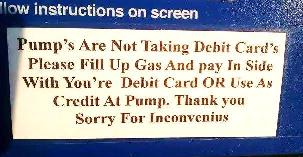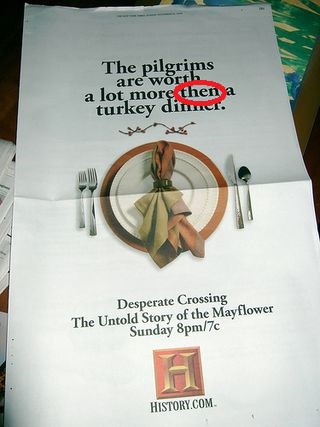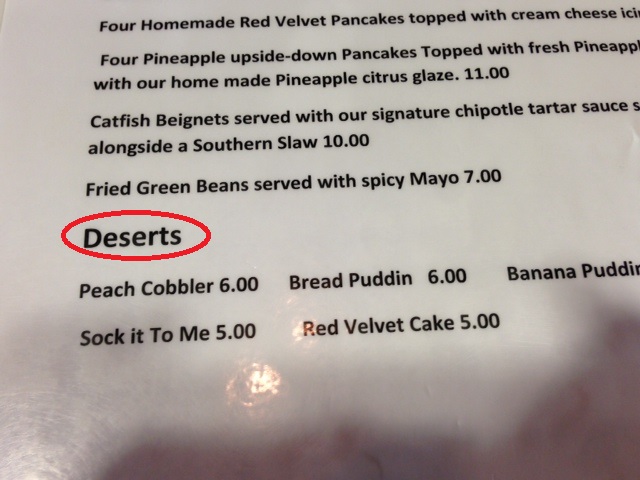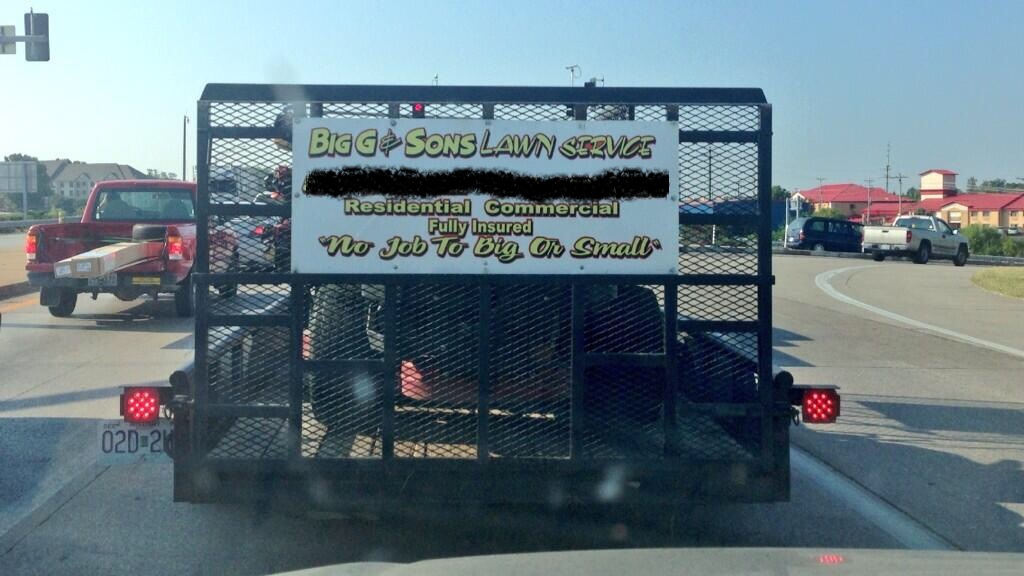Here are just a couple of quickies that don’t really warrant an entire blog post, but where readers have requested clarification.
1. Kitty corner or catty corner? According to Merriam-Webster Online, kitty-corner is used to describe two things that are located across from each other on opposite corners. Variants of kitty-corner are both catercorner and catty-corner. Which word you use could be determined by where you live. Those in the northeast part of the country use kitty-corner most often and those in the southeast part of the country use catty-corner. This website has a map based on a dialect survey that is interesting for this issue – http://www4.uwm.edu/FLL/linguistics/dialect/staticmaps/q_76.html. Basically, all three forms are correct, but catercorner and catty-corner are derivatives of the more popular katty-corner.
2. Onto or on to. Onto is a preposition describing the direction of something moving toward a surface. A trick that you can use is to check to see if on can replace onto.
She climbed onto her car.
In this sentence, onto is correct because “She climbed on her car” makes sense. On the other hand, if you left someone something in your will, you would not say “I passed my grandfather’s pocket watch on him,” so that sentence should be:
I passed my grandfather’s pocket watch on to him.
Let me know if you have something you struggle with. Chances are that it isn’t just you and others can benefit from a blog post about that very topic. Comment below or email proofthatblog@gmail.com.



 Follow
Follow